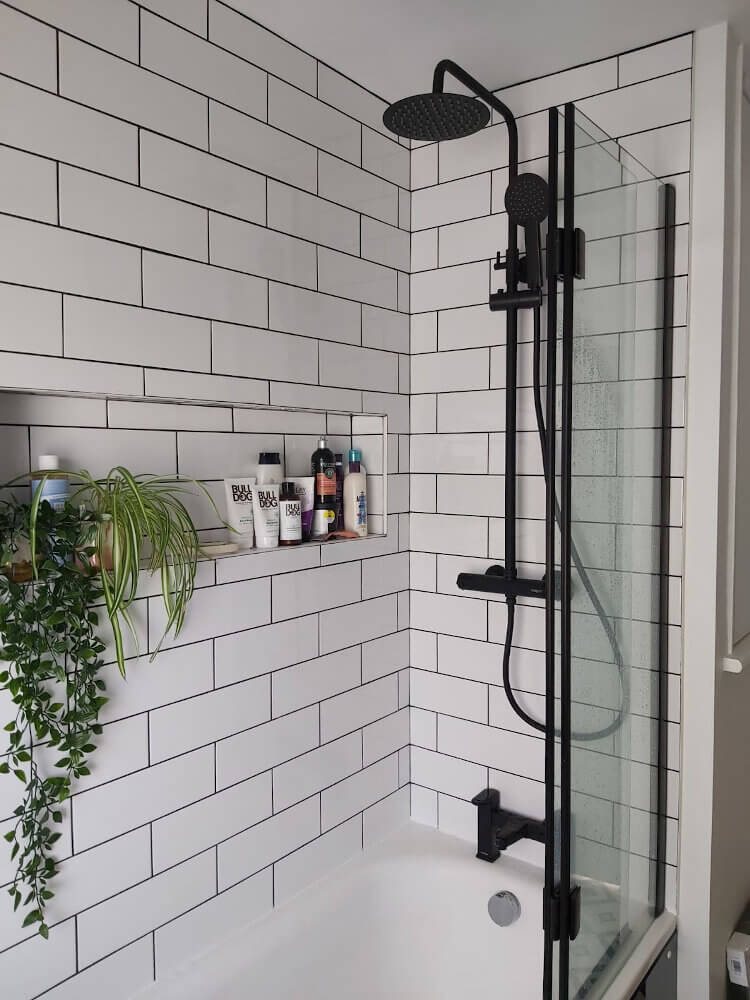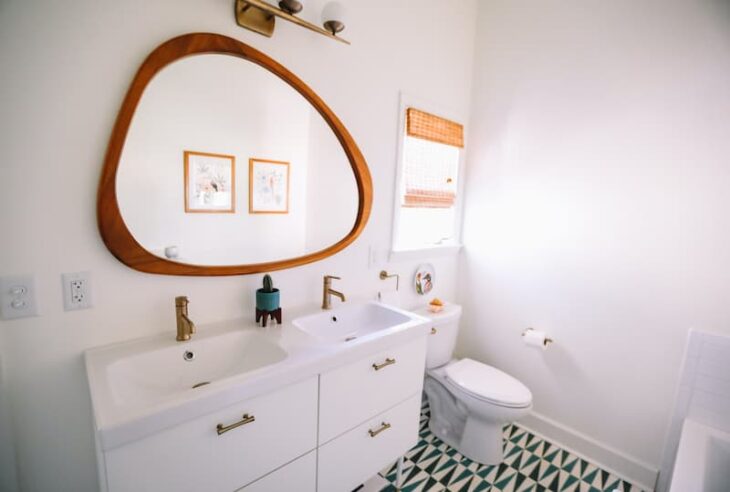Essential Advice for Handling Bathroom Plumbing: Tips for New Homeowners
Essential Advice for Handling Bathroom Plumbing: Tips for New Homeowners
Blog Article
Just about every person has their own individual piece of advice about General Plumbing Tips for New Homeowners.

For new home owners, understanding and maintaining restroom plumbing can save both time and money by stopping pricey issues down the line. Below are some essential restroom plumbing suggestions to assist you keep every little thing running efficiently.
Acquaint Yourself with the Main Shut-Off Valve
Understanding where the main water shut-off valve is located in your home is important. This allows you to promptly turn off the supply of water in case of significant leakages or throughout pipes emergencies, stopping substantial water damages.
Regularly Examine for Leaks
Small leaks can bring about big problems. Regularly check under sinks, around commodes, and near pipes components for any type of indications of leaks. Look for dampness, tiny drips, or corrosion. Catching and repairing leaks early can prevent more significant damages and save water.
Don't Overlook Slow Drains Pipes
If your sink or bath tub is draining slowly, it's usually an indicator of a blockage forming. Resolving this very early can prevent a total blockage. Use a bettor or a plumbing technician's serpent to remove debris. Avoid making use of chemical drain cleaners as they can harm your pipes gradually.
Know What Not to Flush
Bathrooms are not garbage disposals. Stay clear of purging anything other than bathroom tissue and human waste. Products like wipes, feminine hygiene items, and cotton swabs need to be taken care of in the garbage to prevent obstructions and sewage system backups.
Mount Strainers in Drains
Location filters in your sink and bath tub drains pipes to catch hair and other debris prior to they enter your pipes system. Cleaning up the filters on a regular basis will help prevent build-up and keep water streaming freely.
Keep Your Water Heater
Guarantee your hot water heater is set to an ideal temperature (typically around 120 degrees Fahrenheit) to stop hot and decrease energy use. Flush the tank each year to eliminate sediment accumulation, which can decrease the efficiency and life-span of your heater.
Upgrade Your Components
If your home has older components, consider updating to a lot more reliable designs. Modern toilets, showerheads, and taps are created to make use of less water while providing good stress, which can significantly decrease your water bill and environmental impact.
Beware with Do It Yourself Plumbing Repair Works
While it's appealing to handle all home repair services by yourself, beware with plumbing. Some issues may need specialist expertise, particularly if they entail major water lines or sewage system repairs. Hiring a professional can occasionally be more cost-effective than DIY, especially if it avoids additional damage.
Get Ready For Cold Weather
Protect your pipes from freezing during cold weather by protecting pipes in unheated areas like cellars, attics, and garages. During extreme cold, let cold water drip from taps offered by subjected pipelines to help prevent freezing.
Schedule Regular Maintenance
Think about organizing yearly evaluations with a licensed plumbing technician. They can find issues that you might miss, such as covert leakages or wear and tear on pipelines and components. Regular maintenance assists expand the life of your plumbing system and can avoid emergencies.
Conclusion
Recognizing and keeping your home's shower room pipes can stop several typical problems. By complying with these essential pointers, you can guarantee your shower room stays functional and reliable, conserving you money and time over time.
Essential Plumbing Tips For Every Homeowner
As a homeowner, taking care of your plumbing system is crucial to maintaining the functionality and value of your home. While plumbing issues can be daunting, there are some essential tips that every homeowner should know to prevent major problems and save money in the long run. Here are some key plumbing tips that every homeowner should be aware of.
Regular Maintenance
One of the most important plumbing tips for homeowners is to schedule regular maintenance checks with a professional plumber. By having your pipes, fixtures, and appliances inspected regularly, you can catch any potential issues before they turn into costly repairs. A plumber can also provide valuable advice on how to properly maintain your plumbing system to prevent clogs, leaks, and other common problems.
Know Your Shut-Off Valves
It's essential for homeowners to know where the main shut-off valve is located in case of a plumbing emergency. This valve controls the flow of water into your home and can help prevent flooding in the event of a burst pipe or other serious issues. Additionally, it's important to know where the shut-off valves are for individual fixtures such as sinks, toilets, and washing machines so you can quickly stop the water supply if needed.
Watch What You Flush
Another important plumbing tip for homeowners is to be mindful of what gets flushed down the drains and toilets in your home. Avoid flushing items like paper towels, feminine hygiene products, grease, or hair as these can cause clogs and damage to your pipes. Installing drain filters or screens can help catch debris before it causes a blockage.
Insulate Pipes in Cold Weather
During winter months, it's crucial to insulate any exposed pipes in unheated areas of your home to prevent them from freezing and bursting. Frozen pipes can lead to extensive water damage and costly repairs. By adding insulation or heat tape to vulnerable pipes, you can protect them from extreme temperatures and avoid potential disasters.
Address Leaks Promptly
If you notice any signs of leaks such as damp spots on walls or ceilings, musty odors, or dripping faucets, it's important to address them promptly before they worsen. Even small leaks can lead to mold growth, water damage, and increased water bills over time. Ignoring leaks can result in more extensive repairs down the line.
Taking care of your home's plumbing system is an essential part of being a responsible homeowner. By following these key plumbing tips and staying proactive about maintenance and repairs, you can keep your plumbing system running smoothly and avoid costly issues in the future. Remember that prevention is key when it comes to plumbing problems – investing time and effort now can save you money and headaches later on. Stay informed about your home's plumbing system and don't hesitate to consult with a professional plumber if you have any concerns or questions.

This Resource Report this page